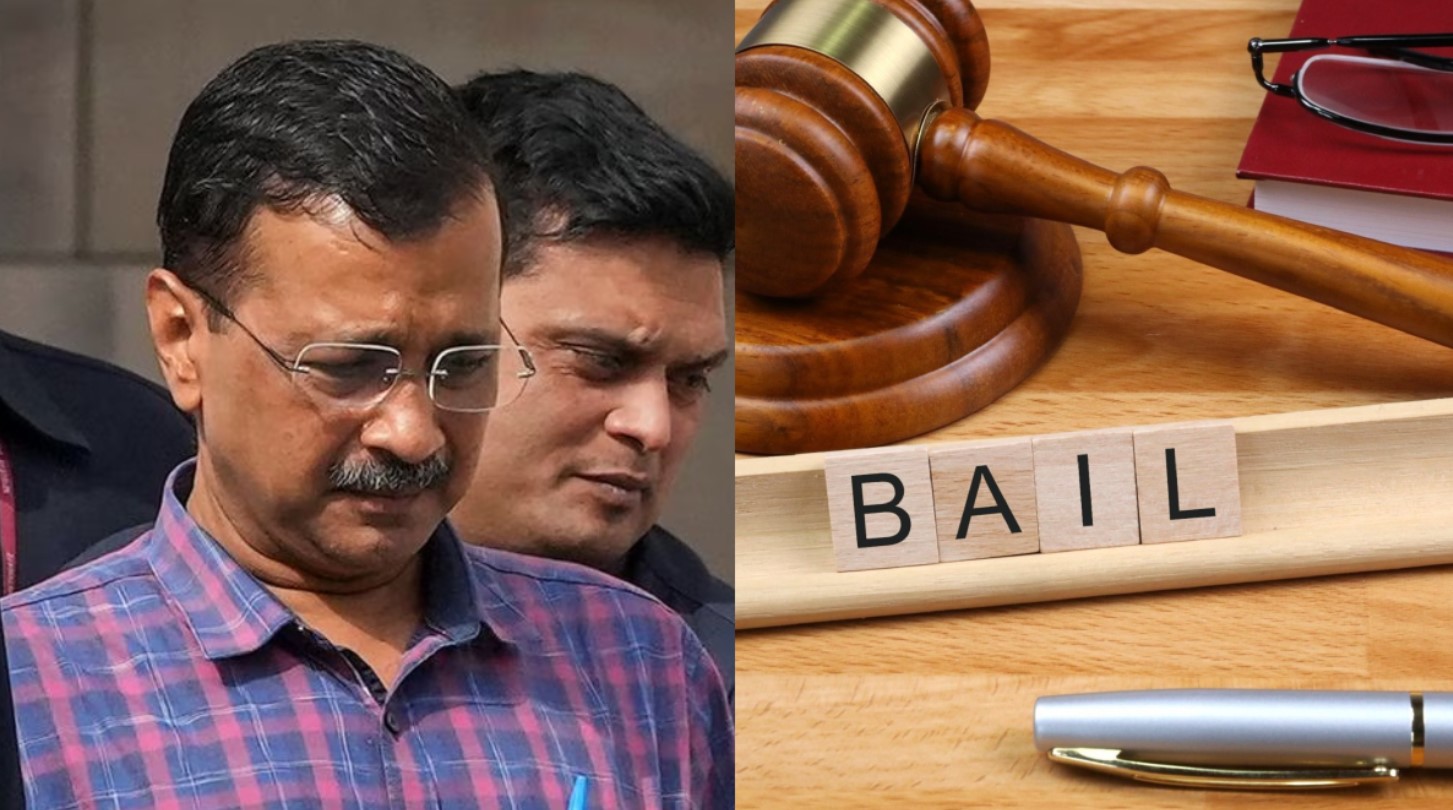


Jailed Delhi Chief Minister Arvind Kejriwal has approached the Supreme Court seeking to quash his arrest by the Central Bureau of Investigation (CBI) in connection with the Delhi excise policy case and to release him on bail The Delhi High Court had on August 5 refused to quash Delhi Chief Minister Arvind Kejriwal's arrest by the central agency.
The High Court's Pose
Justice Neena Bansal Krishna, presiding over the High Court on August 5 stated that "there were adequate grounds to arrest Kejriwal." This ruling has led to the filing of an appeal before the Supreme Court seeking bail and challenging the High Courts decision.
Kejriwal's legal team, led by Senior Counsel Abhishek Manu Singhvi, presented the case before Chief Justice of India (CJI) DY Chandrachud, seeking an urgent hearing. The CJI, however, asked them to: "Send an email."
The Plea Before the Supreme Court
Kejriwal's petition is backed by the recent Supreme Court ruling that granted bail to AAP leader and former Deputy Chief Minister of Delhi Manish Sisodia in connection with the same case. Sisodia's plea had been granted stating the fact that the prolonged delay in trial had violated his "right to speedy trial," which is "a facet of liberty under Article 21 of the Constitution."
"The order (by High Court) has been rendered in a perfunctory and mechanical mannerneglecting the foundational principles of law and disregarding the plethora of judicial precedents laid down by this Hon’ble Court, which unequivocally affirm that the High Court possesses concurrent jurisdiction to entertain bail applications. Despite this settled legal position, the Hon’ble High Court abdicated its jurisdiction, resulting in a grave miscarriage of justice by denying the petitioner the relief of regular bail," the plea states.
"The petitioner on the same allegations have already been granted interim bail by this Hon’ble Court and he also been granted regular bail by the Ld. Special Judge in PMLA matter where the conditions of bail are more stringent, therefore in the present case (CBI case) petitioner ought to be released forthwith," the plea argues.
Conclusion
The Supreme Court is now set to answer questions regarding the judiciary's role in safeguarding the rights of the accused while balancing the need for effective law enforcement.The outcome will not only determine Kejriwal's immediate future but could also have far-reaching implications for the principles of bail and the judicial process in India.
TAGS: Arvind Kejriwal Delhi Excise Policy Case Supreme Court of India Central Bureau of Investigation (CBI) Delhi High Court bail judicial custody money laundering Enforcement Directorate (ED) concurrent jurisdiction right to speedy trial Article 21